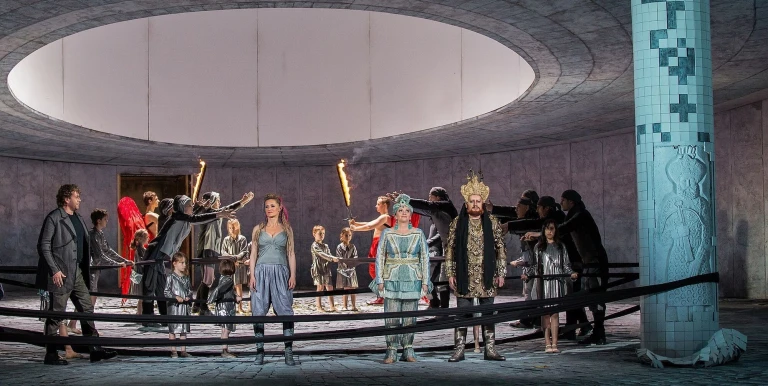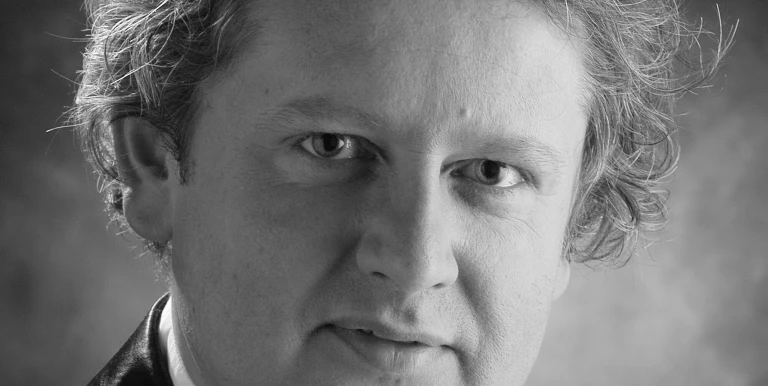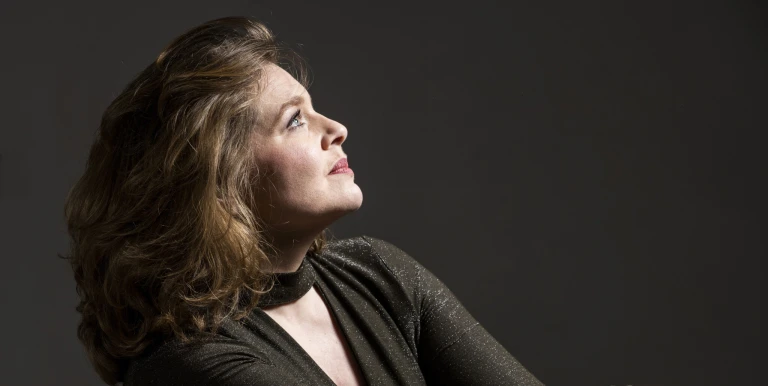Two intervals
Conductor:
Performers:
Creators:
Featuring:
R. Strauss
Die Frau ohne Schatten - Concert opera performance in three acts, in German, with Hungarian surtitles
"I may not be a first-rate composer, but I am a first-class second-rate composer,” is how Richard Strauss, "the last great Romantic”, described himself. Die Frau ohne Schatten was created during World War One. Hofmannsthal's libretto is a work of Freudian inspiration that is full of powerful symbolism and extraordinarily endowed characters.
Although Richard Strauss's long career spanned one of the most chaotic eras in political, sociological and cultural history, he preserved his inherently Romantic aesthetic into the age of television, aeroplane engines and the atom bomb. There were few composers of that time who could measure up to Strauss in terms of his imaginative scoring, and no-one else since Wagner has left such a deep mark on opera history. The passion of his librettist, Hugo von Hofmannsthal, was the theatre; with masterful symbolism, his librettos written for intricately developed characters belong to the category of dramatic texts whose calibre is such that they can stand alone on their own literary merit.
Die Frau ohne Schatten takes place in a mystical and mythical Eastern world, in the realm of the Seven Moon Mountains and the Southeastern Islands surrounded by a dark river. This work requiring a vast orchestra is monumental and powerful "Wagnerian” music that is at the same time full of beauty and subtlety, chamber-type music and parts reduced for solo instruments. Die Frau ohne Schatten was conceived during the twilight of the era that the Viennese writer Stefan Zweig (who later succeeded Hofmannstahl as Strauss's librettist) termed "the golden age of security”; the summation of the tradition that was rocked at its foundation by the First World War.
Presented by: Hungarian State Opera
-
We wish to inform you that in the event that Müpa Budapest's underground garage and outdoor car park are operating at full capacity, it is advisable to plan for increased waiting times when you arrive. In order to avoid this, we recommend that you depart for our events in time, so that you you can find the ideal parking spot quickly and smoothly and arrive for our performance in comfort. The Müpa Budapest underground garage gates will be operated by an automatic number plate recognition system. Parking is free of charge for visitors with tickets to any of our paid performances on that given day. The detailed parking policy of Müpa Budapest is available here.
















